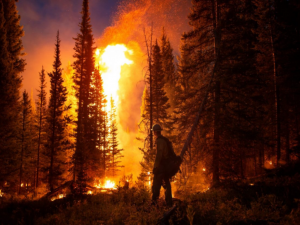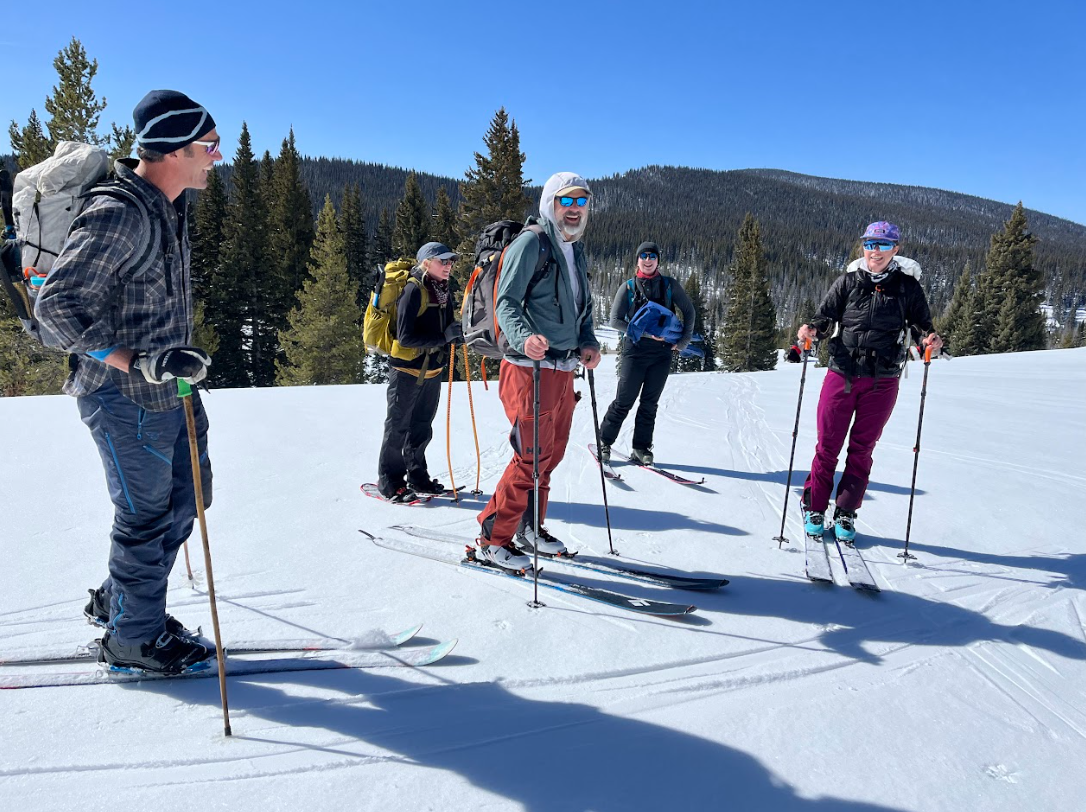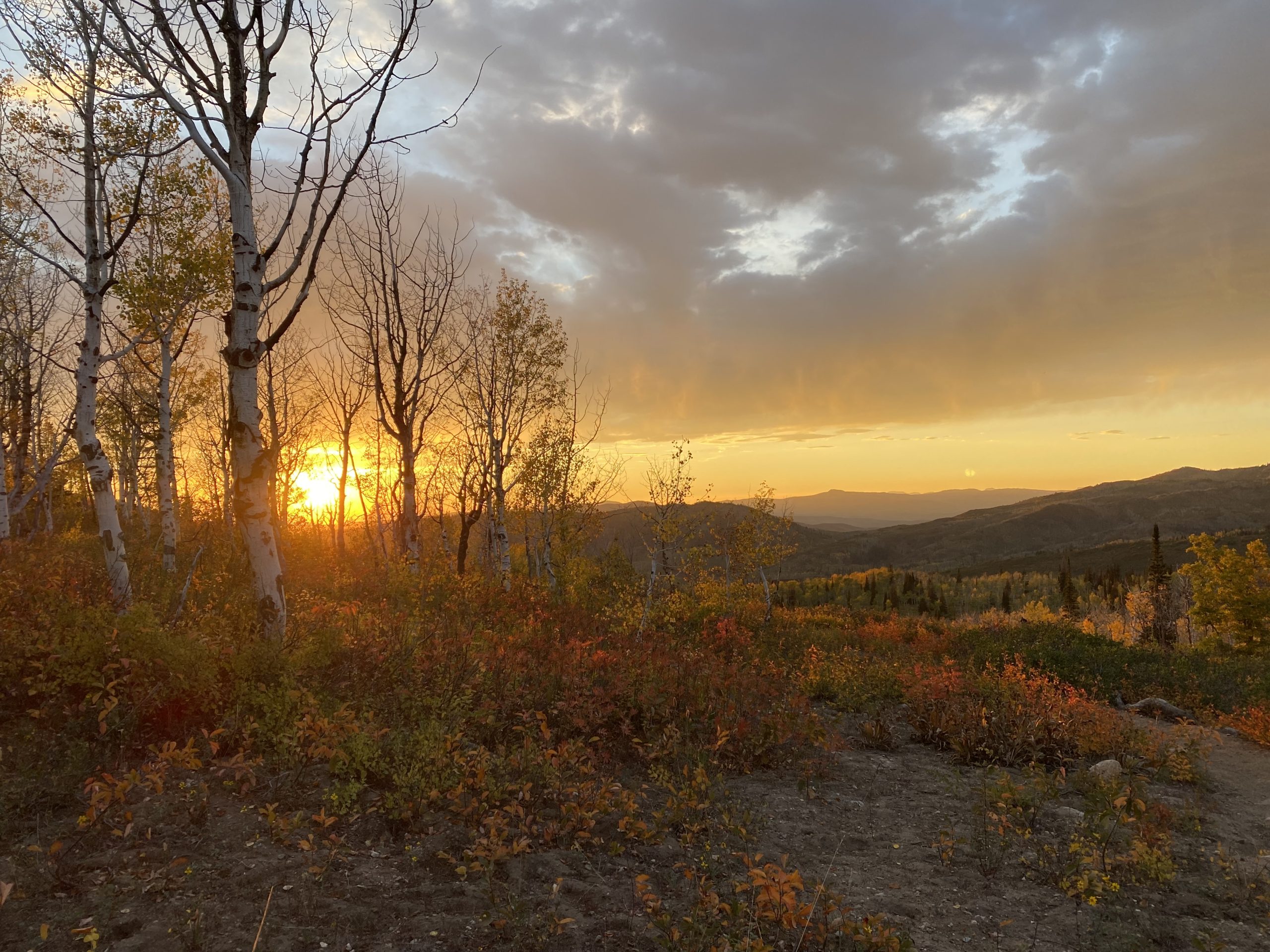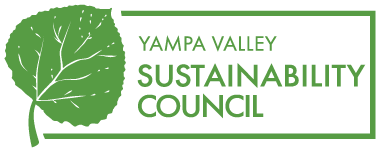Tim Sullivan and Madison Muxworthy for Steamboat Pilot & Today | April 11, 2021
STEAMBOAT SPRINGS — Last year was one of the most challenging wildfire seasons in Colorado’s history, marked by three of the largest wildfires in the state’s record. With less than average snowpack, low soil moisture carried over from last summer and persistent drought conditions at the start of 2021, experts are raising the alarm over the fire potential for the summer ahead.
Not only was last summer dry and produced low precipitation, but it was also extremely warm. The Colorado Climate Center reported that August was the hottest month in the state’s instrumented record. All of these same conditions that prime the landscape to burn, also contributed to late-season low flows in our rivers. The National Oceanic and Atmospheric Administration reported 2020 as Colorado’s second driest calendar year on record, leaving soils, base flows and some reservoirs low entering 2021.
record. All of these same conditions that prime the landscape to burn, also contributed to late-season low flows in our rivers. The National Oceanic and Atmospheric Administration reported 2020 as Colorado’s second driest calendar year on record, leaving soils, base flows and some reservoirs low entering 2021.
The Upper Yampa River basin is a forest-dominated watershed. These forests are capturing and storing our snowpack. Not only do they create natural storage, releasing water later in the season, but they also help protect our water supplies from sediments and excess nutrients. Extreme wildfires can lead to debris, ash and exceptional flooding events that threaten water quality. Taking actions now to help ensure that our forests are healthy and resilient is one of the most important steps we can take to adapt to the impacts of a changing climate.
Managing forests for resilience will require coordinated action at the landscape scale, building up from actions that individual landowners can take to collaborative efforts on our public lands. It will require expanded efforts for hazardous fuel reduction, restoration of trees and other vegetation post-fires, and, where possible, the reintroduction of low-intensity fire to avoid more catastrophic wildfires.
You can learn more about the connections between, forests, fires and water at this year’s Routt County Wildfire Mitigation Virtual Conference: “Learning from 2020 to Prepare for Wildfire Season.” We will have local and regional experts present on steps we all can take — from the individual homeowner to our community stakeholders — to mitigate risks and be prepared in the face of a wildfire. This community event is open to the public and will take place Thursdays from 5 to 6:15 p.m., starting April 29 and going through May 20.
To register for the conference, visit RouttWildfire.org. This conference is organized by the Routt County Wildfire Mitigation Council in an effort to promote public awareness and understanding of wildfire risk to foster community-driven action to reduce risk and the impacts of wildfire in Routt County.






